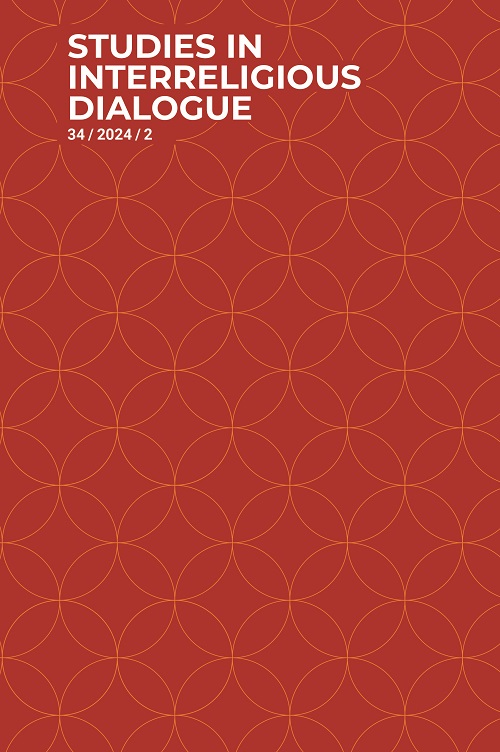next article in this issue  |

Preview first page |
Document Details : Title: African Traditional Religion Between Pluralism And Ultimate Reality Subtitle: The Problem of Interpretation Author(s): ANEKWE OBORJI, F. Journal: Studies in Interreligious Dialogue Volume: 14 Issue: 2 Date: 2004 Pages: 129-159 DOI: 10.2143/SID.14.2.505176 Abstract : The present paper discusses the African concept of “ultimate reality” in its relation to human life and history. How do we bring the African worldview and traditional religion into contact with the liberty and historicity of the self-communication of God in Jesus? The paper highlights the fruitful way in which studies on African concepts of ultimate reality have come into contact with the Christian and Western thought pattern and philosophy. It shows how this contact could enable those from each tradition to learn from the other and by so doing, foster a more humane understanding of how to see ourselves, one another and the world at large. The paper underlines the fact that Africans’ preoccupation with life and its security provides the ingredients for understanding their concepts of the divine beings, in particular of God as the supreme being who is the “ultimate reality” that is above all history and that is at the root of the religious formulations of the Africans. Thus, in relating the African view on ultimate reality to Christian and Western thought patterns, the paper considers it necessary to link the African ideas of life, the people’s search for life, with the Johannine Gospel in which Jesus said that he had come to bring life and to bring it in abundance (John 10:10). If Jesus is truly the Way, the Truth and the Life, then he is the final answer to the aspirations of the whole human race and not only of Africans. All human cultures manifest the human longing for fullness of life. Here lies the link between the African concepts of ultimate reality and the Christian and Western thought patterns. It could serve as a point of departure in promoting meaningful dialogue between the two traditions and in appreciating the universal value of African concept of ultimate reality and meaning. |
 |


